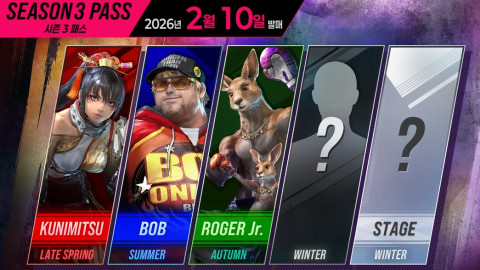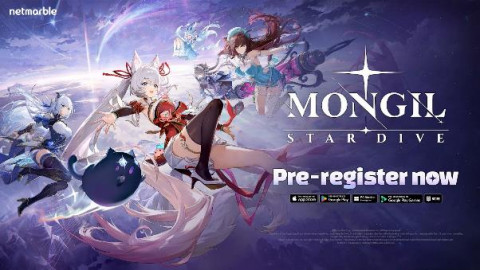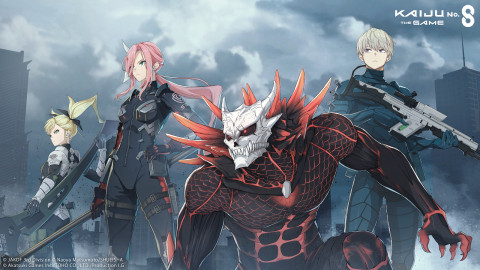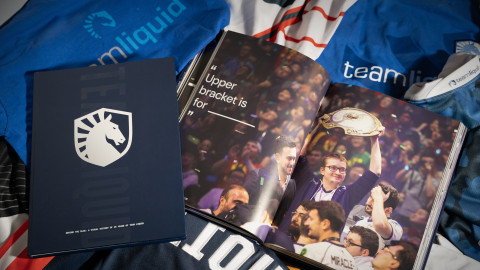The game localization process has never been so easy in 2020. Everybody knows that you need to get the language right, apply to the proper audience, and carefully choose translators. However, not all aspects are easy and tangible. For example, without a native speaker, the process of localization can be incomplete and lack important cultural details. Without a reliable translation company, your texts will be full of blunders. There may be many nuances when it comes to the way of speaking of your target language. You may also make the wrong target language and interface decisions. The localization process implies many hidden challenges. Here are some of them.

Let’s imagine you are an American developer. Naturally, you have game commands like this: “Please, push the button to proceed.” Still, this would not be right for every gaming culture. When you localize your game to European languages, you follow this “sweet,” polite tone, because your audience speaks like this. However, Russians are different. They do not tend to say “please” to everyone unless it is a business meeting or a conversation with a loved person. So, simply “Push the button” is more natural to them.
It is different in every language. Some ways to swear are more elaborate than others. Still, the main point is: what is right for your native language would not work for the other. A direct translation of swear words can sound unnatural and ruin the whole atmosphere of the game. The point is, you do not simply translate the swear words. Rather, you adjust them to common expressions the speakers hear and use in daily life. Also, mind that in some countries, you need to care about legislation. Thus, use common sense.
The best translators are reputable companies that can help you to get the message right. You may find them in Google Search, in popular lists of Pickwriters or by asking your friends. Many companies guarantee the best result in the shortest time, plus voiceover, subtitles, synchronization, and even legislation. Still, there is much to consider. For example, you may ask about their experience of working with projects similar to yours.
It’s hard to find your targets when you don’t know where to search. For example, Steam statistics says that top-5 languages include English, Russian, Chinese, Spanish, and Italian. However, need a mobile game localization, the picture may be different. According to the research of App Annie, the top language in App Store and Google Play is Japanese. The next are Korean and English; in combination, the three languages account for 75 percent of your profits. PC and console games may also be different in terms of localization. Thus, strategists advise to include Russian, Portuguese, and Spanish when you localize. These languages allow you to grow globally. Also, choosing countries where competition is not very strict can boost your downloads and sales.
You may form your team in various ways. If you are on a tight budget, using professional translators’ help may be too costly. However, there are ways out. One of them is a crowdsourced translation. It is less expensive than professional translation, as you involve a broad community to translate your games. Another plus is that you get closer to your actual users, who may give you valuable feedback. This way of translation provides you with chances to obtain many brand ambassadors throughout the world. To add, your turnaround time is faster if you have more contributors.
Translation company Tomedes’ video game localization guide says that a localization kit is crucial in ensuring that there are no hitches to the localization process. Basically, the localization kit is a set of documents and assets that you send to your translators to help them understand your video game better. More often than not, localization happens before a video game launches so resources on your video game might be a bit scarce. The localization kit contains details about your brand, the background of the video game from mechanics to in-game lore, to the tonality and marketing strategy of the video game. This will allow your translators to localize your game in a way that retains the heart and soul of your game so that the whole world regardless of language spoken can have pretty much the same experience.
Another thing to consider is localizing your marketing materials and packaging. If you are planning to officially launch your game elsewhere in the world, these things are very important to consider. While they are not as reliant on technological know-how, translating marketing materials requires translators with a specialization in marketing and advertising as the intent would definitely be different.
-
 Guest Reporter
Guest Reporter
Sort by:
Comments :0





